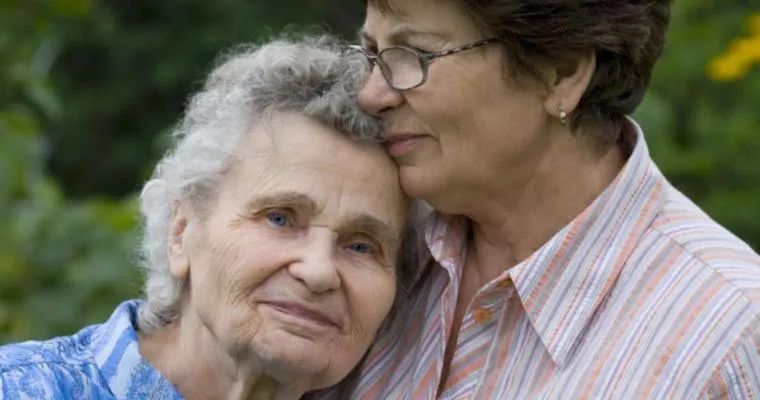Becoming a caregiver for your "elderly parents" can be a rewarding yet challenging experience. As a new caregiver, you may find yourself navigating a range of emotions and responsibilities. It is essential to understand the importance of "compassion", "patience", and effective "communication" in this role. This article will provide you with valuable tips to help you care for your aging loved ones while ensuring their dignity and well-being.
Understand Their Needs
One of the first steps in caring for your elderly parents is to understand their specific needs. Every individual is different, and your parents may require assistance with daily activities, such as bathing, dressing, meal preparation, or medication management. Spend time observing their routines and discussing their preferences. This will not only help you cater to their needs but also foster open communication about their care.
Create a Safe Environment
Safety is a top priority when caring for elderly parents. Assess their living environment and make necessary modifications to reduce the risk of accidents. This can include removing tripping hazards, installing grab bars in the bathroom, and ensuring that the home is well-lit. A safe environment will help your parents maintain their independence while giving you peace of mind.
Encourage Independence
While it is essential to provide assistance, it is equally important to encourage your elderly parents to maintain their independence. Allow them to perform tasks they are capable of doing, as this fosters a sense of dignity and self-worth. Offer help when needed, but try to step back and let them take the lead in their care whenever possible.
Stay Organized
As a new caregiver, staying organized is crucial. Keep track of medical appointments, medication schedules, and daily routines. Consider using a planner or digital calendar to help you manage these responsibilities. Being organized will enable you to provide consistent care and ensure that important tasks are not overlooked.
Communicate Openly
Open communication is key to a successful caregiver-parent relationship. Encourage your elderly parents to express their feelings, concerns, and preferences. Regularly check in with them to discuss their health and any changes they may be experiencing. This will help you stay informed and adjust their care plan as needed.
Seek Support
Caring for elderly parents can be overwhelming at times. Don't hesitate to seek support from family members, friends, or local community resources. Joining caregiver support groups can also provide you with valuable insights and emotional support from others who understand your situation. Remember, you are not alone on this journey.
Take Care of Yourself
As a caregiver, it is crucial to prioritize your own well-being. Taking care of yourself allows you to provide the best care for your elderly parents. Ensure you are getting enough rest, eating well, and engaging in activities that bring you joy. Consider scheduling regular breaks to recharge and prevent caregiver burnout.
Utilize Technology
In today’s digital age, technology can be a valuable tool for caregivers. Explore various apps and devices designed to assist with medication reminders, health monitoring, and communication. These tools can streamline your caregiving tasks and help you keep your elderly parents connected with family and friends.
Educate Yourself
Stay informed about the aging process and common health issues that affect the elderly. Understanding conditions such as dementia, arthritis, and heart disease will help you provide better care and support for your parents. Consider attending workshops, reading books, or consulting healthcare professionals to expand your knowledge.
Conclusion
Caring for your elderly parents as a new caregiver can be a fulfilling experience filled with growth and learning. By understanding their needs, creating a safe environment, encouraging independence, and seeking support, you can navigate this journey with confidence. Remember to take care of yourself and stay informed, as this will enable you to provide the best care possible. Embrace this opportunity to strengthen your bond with your parents and make lasting memories together.





